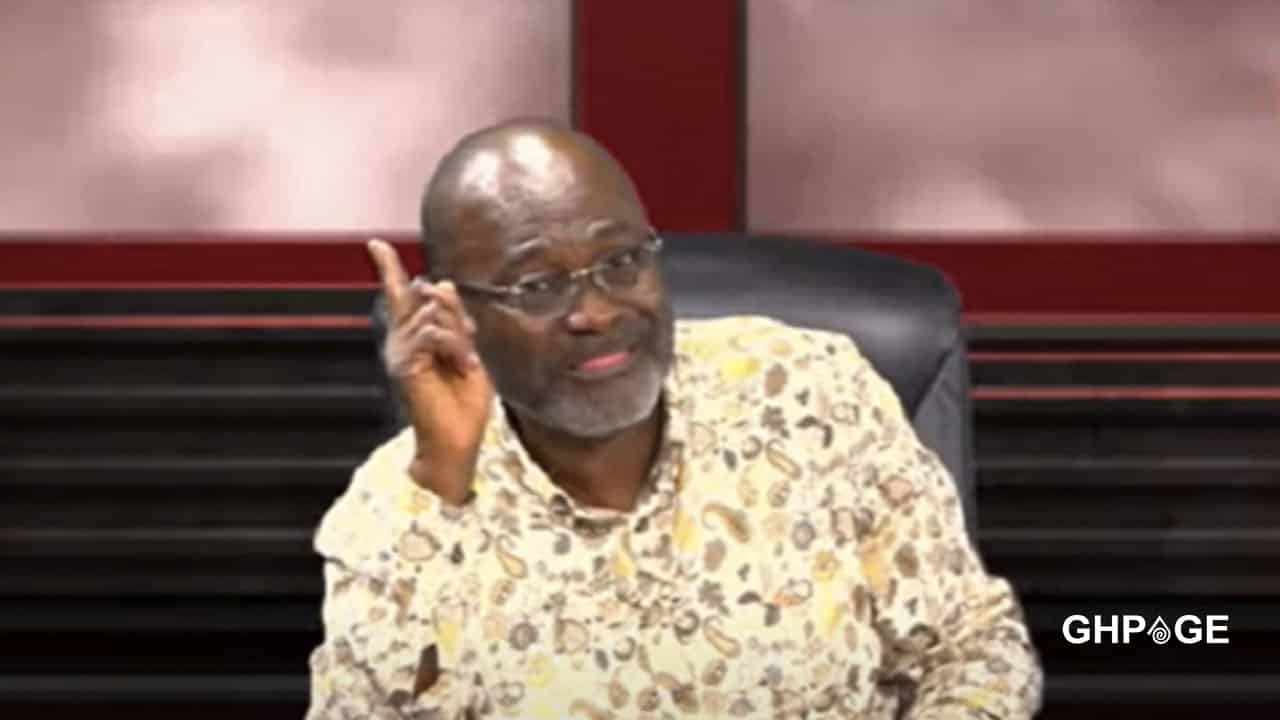A new Afrobarometer survey shows that a majority of Ghanaians support the media’s role in investigating government corruption and mistakes, even as public trust in news sources declines and perceptions of press freedom weaken.
Released ahead of World Press Freedom Day 2025, the study highlights a paradox: 82% of citizens believe the media should actively report on official misconduct, yet confidence in traditional and social media platforms has dropped sharply since 2022.
Conducted by the Ghana Center for Democratic Development in August 2024, the survey polled 2,400 adults and found that 67% view Ghana’s media as “somewhat” or “completely” free from government interference. However, the proportion of respondents who perceive the media as “not very free” or “not free at all” has nearly doubled since 2019, rising from 19% to 32%. Trust in privately owned and state-owned media outlets now stands at 41% each, reflecting declines of 7 and 3 percentage points, respectively, over the past two years. Social media credibility suffered the steepest fall, with only 26% expressing trust—a 12-point drop.
Despite these trends, most citizens reject the notion that critical reporting harms the nation. Only 18% agreed that “too much reporting on negative events…only harms the country,” underscoring public demand for accountability. Fewer than one-third of respondents believe threats or attacks against journalists by political supporters (32%), ordinary citizens (28%), or security agencies (26%) have increased in recent years, suggesting either improved conditions or limited awareness of press safety challenges.
The findings arrive amid global scrutiny of Ghana’s press freedom landscape. While the country ranks among West Africa’s more robust democracies, incidents like the 2023 arrest of journalist Emmanuel Jaago and lingering concerns over restrictive legislation, such as the contentious Electronic Transactions Levy, have fueled debates about media independence. Afrobarometer’s data suggests that while Ghanaians value the press as a watchdog, skepticism about its freedom and reliability could hinder its effectiveness.
Maame Akua Amoah Twum of the Ghana Center for Democratic Development noted, “These results reflect a critical juncture. The public wants the media to hold power accountable but is increasingly questioning whether institutions have the autonomy or integrity to do so.” As Ghana approaches its 2028 elections, balancing these expectations with reforms to bolster transparency and protect journalists may prove pivotal to sustaining democratic trust.
Send your news stories to newsghana101@gmail.com
Follow News Ghana on Google News







![[VIDEO] Agya Koo celebrates like Cristiano Ronaldo after scoring penalty](https://ghananewss.com/storage/2023/02/BeFunky-collage-2023-02-17T164545.706-scaled-100x75.jpg)










